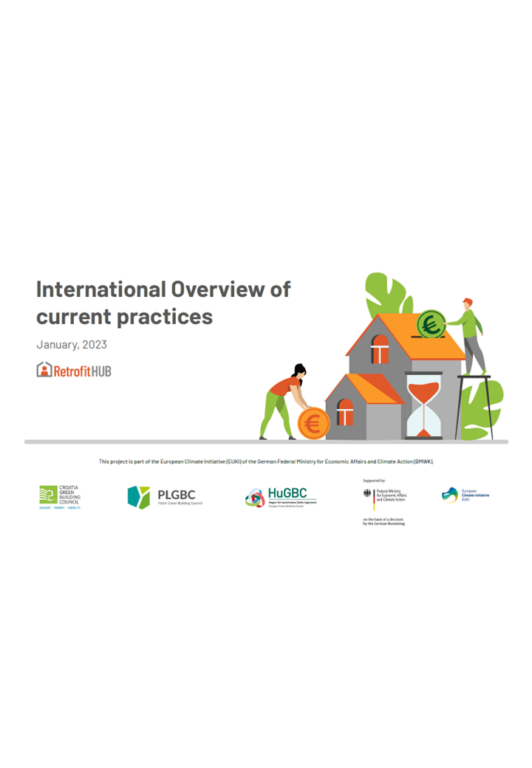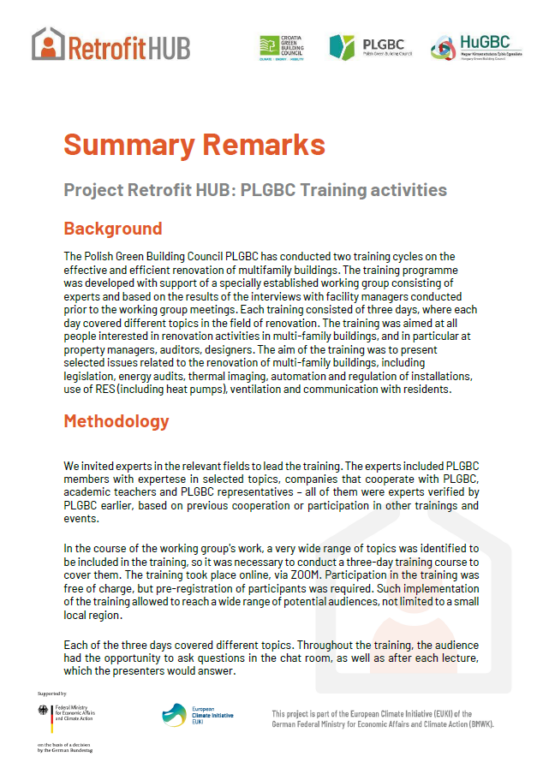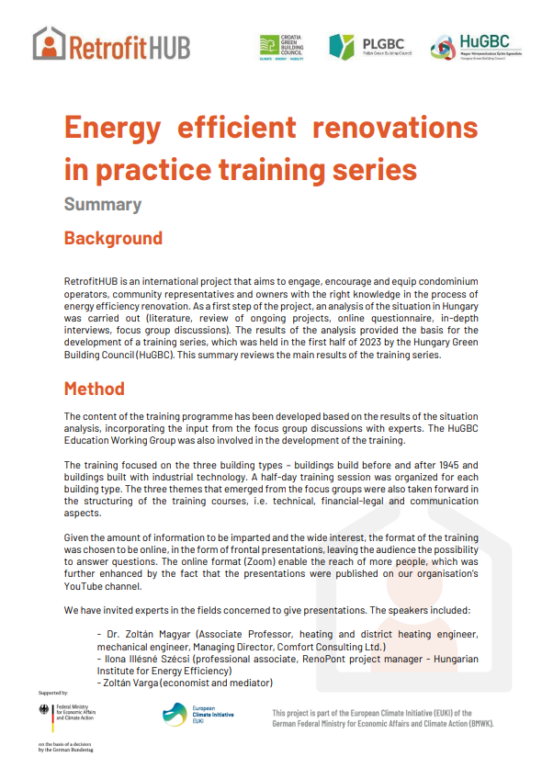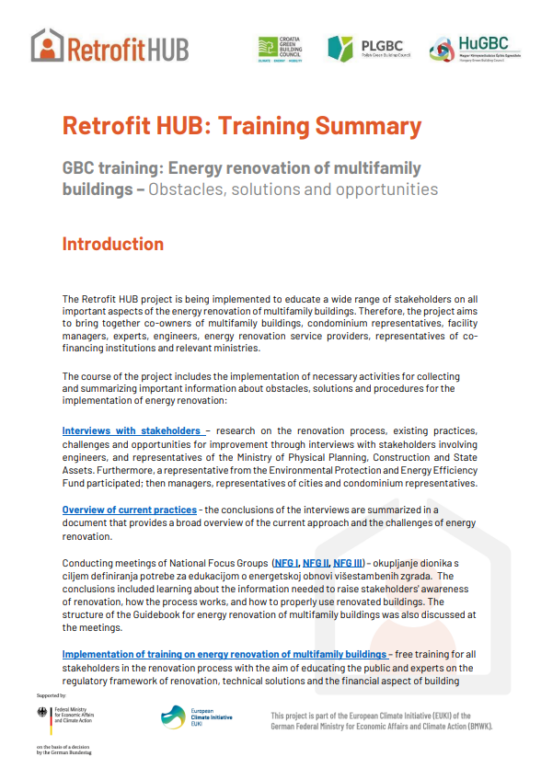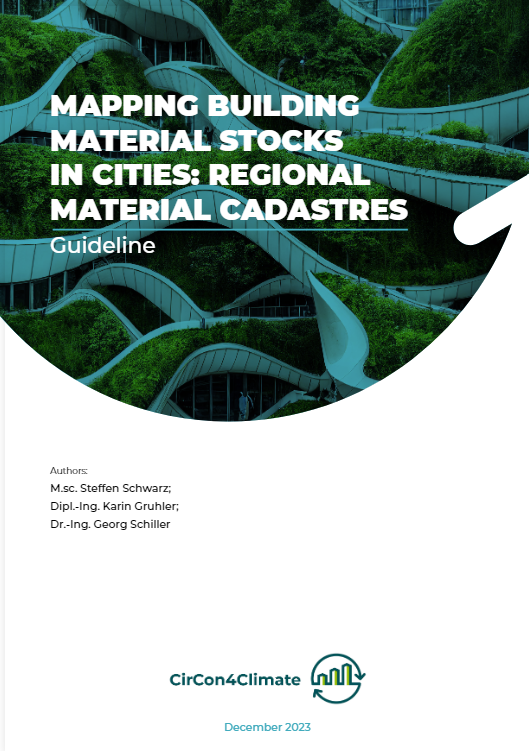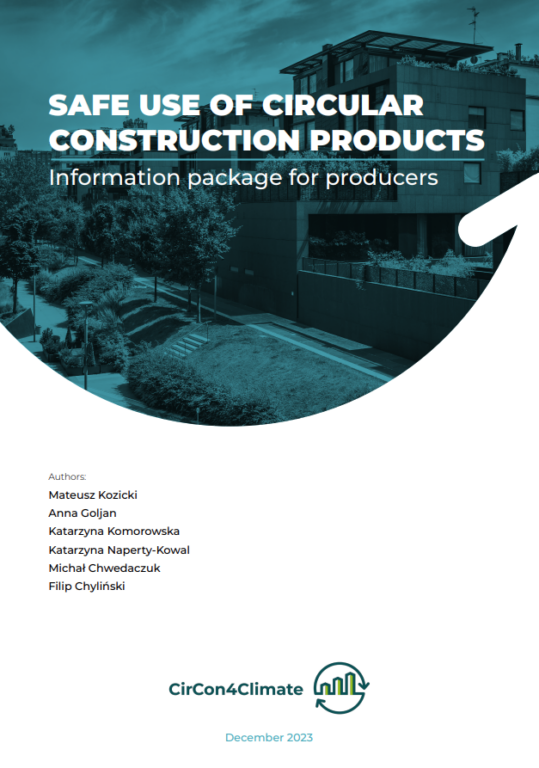About us
The German Federal Ministry for Economic Affairs and Climate Action (BMWK) launched the European Climate Initiative (EUKI) in 2017 to mitigate greenhouse gas emissions and advance cooperation on climate action in Europe. Since then, we have funded 210 cross-border climate projects and created an active network with 440 organisations in 31 European countries.
About EUKINew Projects
Upcoming Events
Media
Here you find news, publications and videos on European climate action

